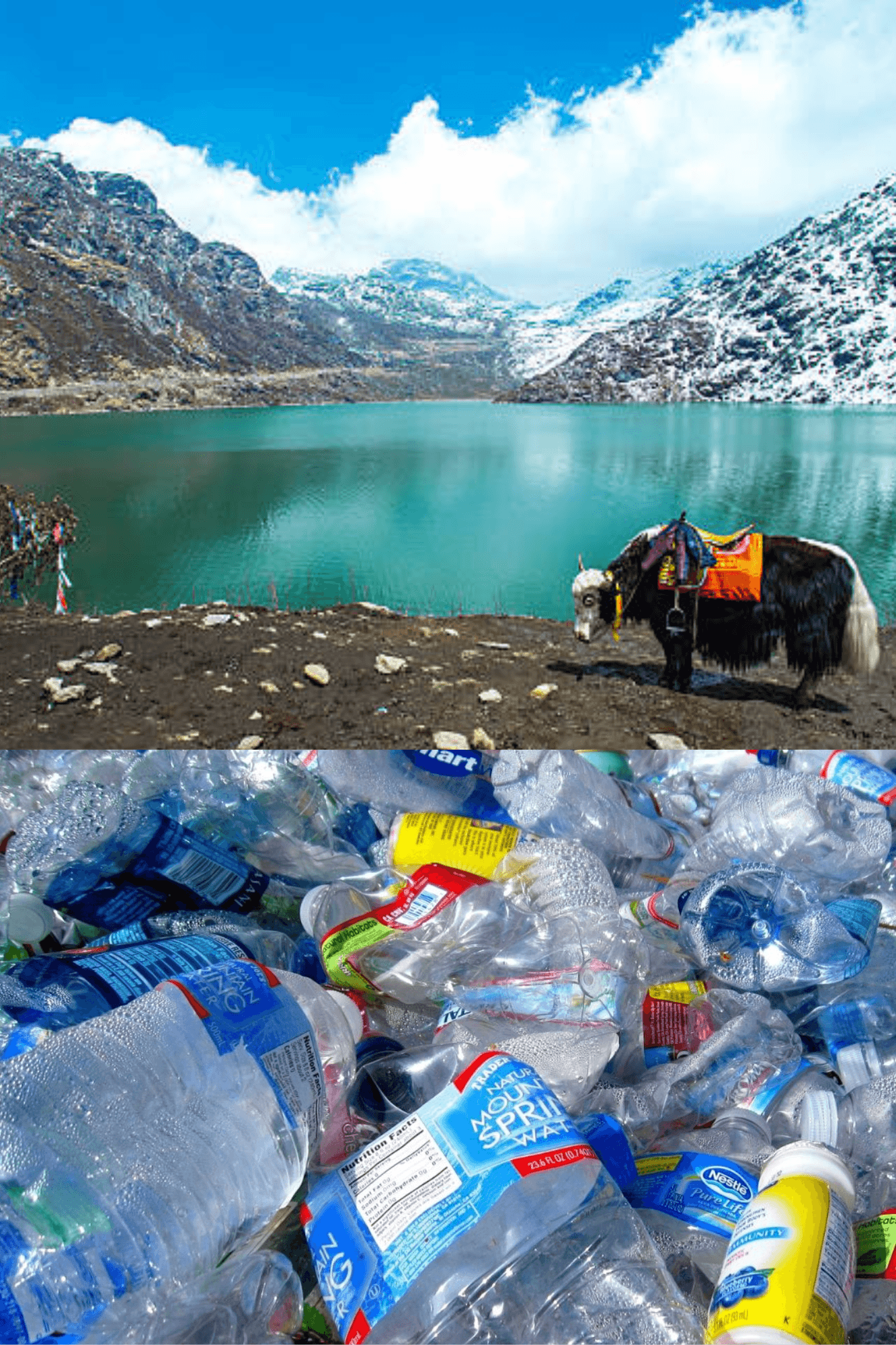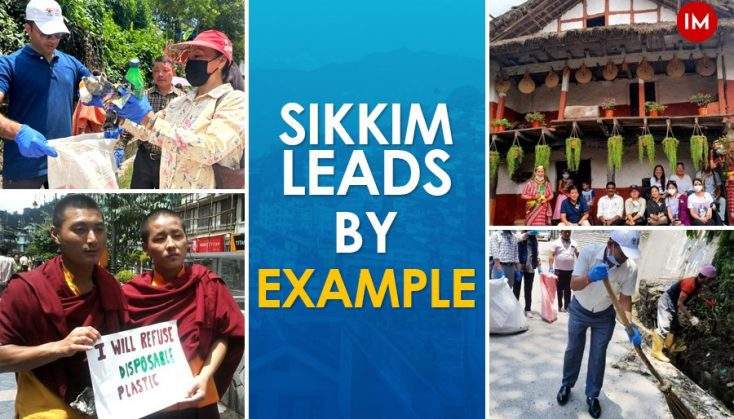Plastic Pollution in India: A Growing Crisis
Plastic bags are used to convey items purchased at stores, such as food and clothing. Although we are aware that plastic bags are harmful to the environment, they are frequently used. Plastic bags have become a common litter item in the urban solid waste system. Animal choking, pollution, channel, river, stream blockage, and landscape ugliness are only a few severe environmental impacts. As a result of these implications, the public, campaigners, and lawmakers have expressed outrage to the point where the use of plastic shopping bags has been forbidden in some countries.
According to Anoop Srivastava, director of the Foundation for Campaign Against Plastic Pollution, a non-profit organization advocating for policy changes to address plastic waste in India, roughly 60% of plastic waste is collected, leaving 40%, or 10,376 tonnes, uncollected. Independent garbage collectors collect plastic waste from households and landfills and sell it to recycling centres or plastic manufacturers for a small fee. Many of the plastics used in India have low economic value and are not collected for recycling, according to Suneel Pandey, director of environment and waste management at The Energy and Resources Institute (Teri) in New Delhi. As a result, he told CNBC, they’ve become a prevalent source of contamination in the air and water.
Sikkim's Green Initiatives: A Trailblazer in Environmental Conservation
Sikkim has been at the forefront of a unique green movement. It has emerged as one of India’s environmental pioneers, despite its tiny size and isolation, as well as the fact that its residents live in a harsh alpine environment. By 2021, it is expected that the world’s plastic bottle consumption would have risen to half a trillion due to expanding population and consumerism. Some chemicals in plastics have also been linked to health risks in humans, according to studies. Sikkim, the first Indian state to ban single-use plastic bags in 1998, is now focusing its efforts on single-use plastic bottles. In 2016, it made two significant decisions. The usage of pre-packaged drinking water in government facilities and events was prohibited. Second, to reduce hazardous plastic pollution and address the state’s growing rubbish problem, it banned the use of Styrofoam and thermocol/Polystyrene disposable plates and cutlery throughout the state.
Sikkim, the first Indian state to outlaw single-use plastic bags in 1998, is now one of the first to target single-use plastic bottles. Sikkim made two significant decisions in 2016. It prohibited the use of bottled drinking water in government buildings and events. Second, it outlawed the use of Styrofoam and thermocol disposable plates and cutlery throughout the state to reduce hazardous plastic pollution and address the state’s growing rubbish problem. The state government enacted these harsh measures because disposable products, popular in rural and urban regions, were environmentally dangerous, produced a large amount of municipal waste, and took up a lot of landfill space. In the case of plastic water bottles, the government believed that their widespread use in departmental meetings and functions was putting an excessive strain on landfills, thus it outlawed their use in official functions.
A Green Success Story
The state is a small state with a lot of bio-diversities, thus there isn’t much room for rubbish dumps. It has reached its limit, and choosing additional landfill sites is neither an easy nor permitted alternative because it would require destroying forest land that’s also the habitat of endangered wildlife. The State Government has approved the Draft Notification prohibiting the use of plastic water bottles in the State of Sikkim, effective January 1, 2022, to protect and conserve the environment, as well as to control and reduce pollution caused by plastic water bottles for the benefit and well-being of all forms of life, as provided for by Section 5 of the Environment (Protection) Act, 1986. Due to the large number of tourists visiting Sikkim, regulating the use of plastic water bottles is difficult. The state administration is considering making plastic bottles illegal throughout the state, forcing visitors to rely on filters in hotels, restaurants, and public spaces for drinking water.
Instead of plastic bags, people are opting for nonwoven polypropylene bags, which have a fabric texture but are plastic. People use it because they believe it is environmentally friendly. Tetra packs and chip packaging, which have multiple layers of plastic, are also problematic.
Even though the continued use of plastic bags is still prevalent, surveys conducted in 2014 and 2018 by the Delhi-based Toxics Link and the Pune-based eCoexist NGOs determined that Sikkim has done an excellent job implementing its green policies. According to the eCoexist survey, roughly 66% of shops in Sikkim used paper bags or newspapers, while 34% used plastic bags, which included non-woven bags. This tiny state is well on its way to being free of the scourge of plastic pollution thanks to sanctions, state-level legislation, and a broad awareness campaign.
References:
https://www.ibanet.org/article/76F8D2A9-1A1D-4A2F-8A6F-0A70149FD4D5
https://vikaspedia.in/energy/best-practices/sikkim-works-to-end-plastic-pollution#:~:text=Sikkim%2C%20which%20in%201998%20became,government%20offices%20and%20government%20events.
https://www.factorydirectpromos.com/blog/pros-and-cons-of-a-plastic-bag-ban/#:~:text=By%20eliminating%20plastic%20bags%2C%20stores,less%20litter%20and%20less%20pollution.

